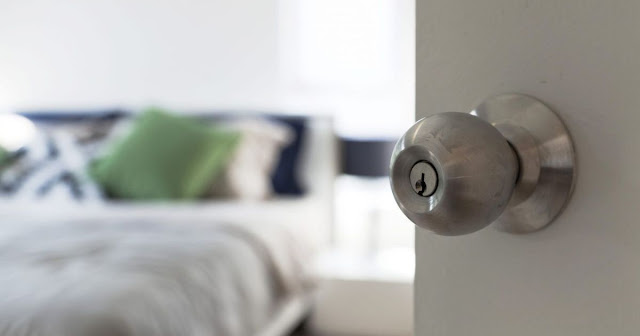Why Sleeping with Your Bedroom Door Closed Could Save Your Life
Leaving your bedroom door open at night might feel comforting — whether it’s to let pets wander freely or to stay alert to sounds in the home. But from a safety standpoint, especially when it comes to fire risk, this habit deserves serious reconsideration.
The Life-Saving Power of a Closed Door
It may seem like a small thing, but closing your bedroom door before bed can make a big difference in an emergency. In the event of a house fire, a closed door can buy you precious extra minutes to escape — and that can be the difference between life and death.
Here’s a sobering fact: because modern homes are filled with synthetic materials, the average time to escape a fire has dropped from about 17 minutes to just 3 minutes.
The UL Firefighter Safety Institute dramatically illustrated this point. In one of their demonstrations, a bedroom with the door left open was consumed by flames, while a nearby room with the door shut suffered far less damage and slowed the fire’s advance considerably.
“Close Before You Doze” — A Nationwide Safety Campaign
That’s the message behind the national campaign “Close Before You Doze.” It’s more than just a catchy phrase — it’s a vital reminder. Closing your door can act as a temporary shield from fire and smoke, helping to reduce the risk of inhalation injuries and giving you a safer path to escape.
Other Key Fire Safety Tips for Your Home
While closing your bedroom door is important, it’s just one part of a full home safety strategy:
Install smoke alarms on every level of your home, and make sure they meet current safety standards.
Check and maintain carbon monoxide detectors regularly.
Create a clear escape plan with roles and exit routes for every household member — and practice it.
Thinking about house fires is unsettling, but taking simple precautions can significantly reduce your risk. And among the easiest steps you can take? Just close your bedroom door before you sleep.
So tonight, as you drift off into dreams, take a moment to shut the door — and help protect yourself and the people you love.
Note: Always consult your local fire department or safety authority to ensure you’re following the latest safety guidelines and recommendations.
